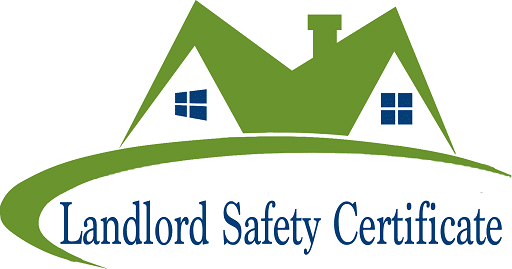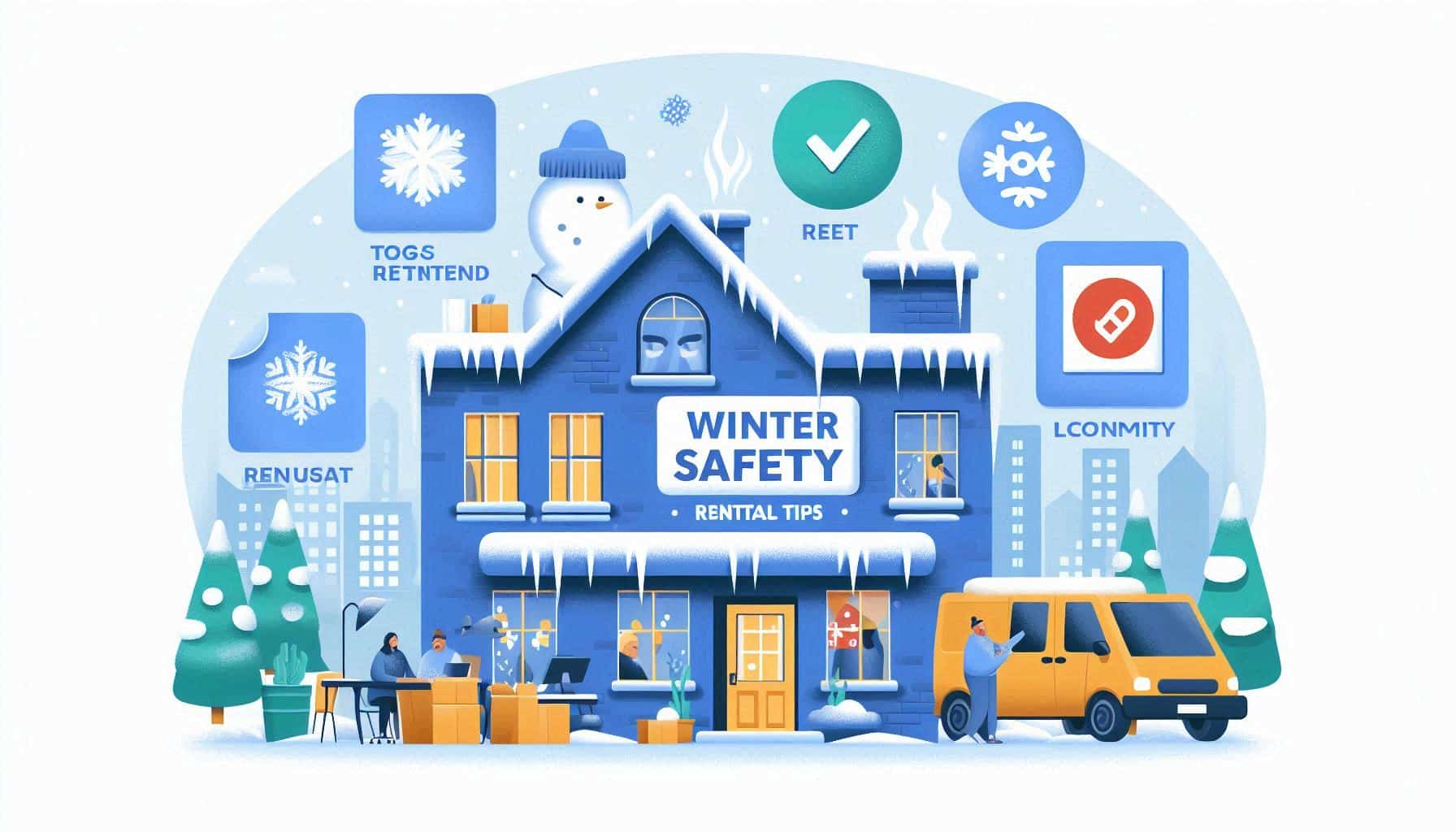
Managing rental properties in London during the colder months takes preparation. Winter brings freezing temperatures, burst pipes, power cuts, and heating failures. For landlords, these issues can quickly turn into legal or financial problems if tenants are left without safe conditions. A proactive plan helps prevent disruptions. By applying practical emergency measures, landlords can keep properties safe, tenants comfortable, and avoid costly repairs.
This guide highlights essential emergency safety tips for landlords, focusing on practical winter safety rental tips and a reliable heating emergency plan.
London winters are damp, cold, and unpredictable. These conditions increase risks such as burst pipes, faulty heating systems, and fire hazards from temporary heaters. If landlords fail to respond quickly, problems can escalate into legal disputes or fines.
More importantly, landlords must provide safe living conditions all year. Preparing before the cold season ensures compliance and protects tenants. Sharing clear winter safety rental tips and putting a strong heating emergency plan in place builds trust while keeping properties secure.
Prevention is the most effective safety strategy. Every London landlord should carry out a seasonal inspection in late autumn to catch issues early.
Key checks include:
• Heating systems – Service boilers and test radiators. Adding this to a heating emergency plan ensures smooth performance.
• Pipes and plumbing – Insulate exposed pipes to stop freezing and show tenants that landlords follow best winter safety rental tips.
• Ventilation – Test extractor fans and vents to reduce mould and damp, common in London homes.
• Roof and gutters – Remove leaves and debris to prevent leaks during winter storms.
By acting early, landlords reduce emergencies, maintain compliance, and keep properties tenant-ready.
Heating systems are the backbone of any rental property during London winters. A breakdown can leave tenants vulnerable and frustrated, particularly if they are without heating for days. A heating emergency plan ensures landlords act quickly and efficiently when problems arise.
Key steps for a strong heating emergency plan include:
Communication with tenants is just as important as property preparation. When tenants know what to do, emergencies are easier to handle. Providing a short guide with winter safety rental tips helps tenants protect both themselves and the property.
Examples of practical tips to share include:
By empowering tenants with knowledge, landlords build trust while reducing risks.

One of the most common winter disasters in London is burst pipes. Frozen water expands and cracks pipes, leading to floods, property damage, and expensive repairs.
Landlords should integrate pipe protection into both their heating emergency plan and their winter safety rental tips. Steps include:
With these preventive measures, landlords avoid costly damage while keeping tenants safe.
During London’s cold months, tenants rely heavily on heaters, electric blankets, and even candles, which raises the risk of fires. Landlords must act proactively to reduce these hazards and protect both tenants and properties.
Best practices include:
• Testing smoke alarms and carbon monoxide detectors before winter begins.
• Placing fire extinguishers and blankets in HMOs.
• Reminding tenants to avoid drying clothes near heaters, a common risk in London flats.
By combining fire precautions with a clear heating emergency plan, landlords provide safer homes. When these measures are also shared as part of winter safety rental tips, tenants feel supported and emergencies become easier to manage.
Although rare in central London, power outages still happen during storms or network failures, leaving tenants without heat or electricity. Such situations can quickly impact safety and comfort.
To prepare, landlords should:
When landlords combine these precautions with clear winter safety rental tips, tenants know exactly how to act during outages. This proactive approach builds trust while reducing risks in London’s unpredictable winters.
Emergencies often bring unexpected costs. Having the right insurance coverage protects landlords from major financial losses. Landlords should keep policies updated, especially for building, liability, and emergency coverage.
At the same time, London regulations require landlords to meet specific safety standards. Maintaining compliance records, updating certificates, and ensuring heating and fire safety measures are in place reduce legal risks. Keeping these obligations tied to a heating emergency plan and including reminders in winter safety rental tips keeps landlords fully prepared.
Many London landlords rely on letting agents to manage their properties. Agents can play a vital role in winter preparation by scheduling inspections, coordinating emergency repairs, and distributing safety advice to tenants.
By sharing a documented heating emergency plan with letting agents, landlords ensure fast responses when issues occur. Agents can also distribute leaflets or emails with winter safety rental tips, ensuring tenants receive consistent and professional guidance.
Taking time to prepare for emergencies offers long-term benefits. Landlords who organise a proper heating emergency plan and share winter safety rental tips build stronger tenant relationships. This often results in longer tenancies, fewer disputes, and better property care.
Moreover, prepared landlords avoid last-minute costs and reduce the likelihood of property damage. In London’s competitive rental market, being known as a responsible and proactive landlord can also improve reputation and attract reliable tenants.
Winter in London presents challenges that landlords cannot afford to ignore. From heating breakdowns to burst pipes and power outages, emergencies can arise quickly. However, with proper planning, these risks are manageable.
By creating a thorough heating emergency plan and sharing practical winter safety rental tips, landlords ensure their properties remain safe, compliant, and comfortable. Whether managing a single flat or multiple properties across the city, preparation is the key to success.
In the end, proactive landlords not only meet their legal obligations but also gain peace of mind, protect their investments, and provide tenants with the security they deserve during the harsh winter months.

